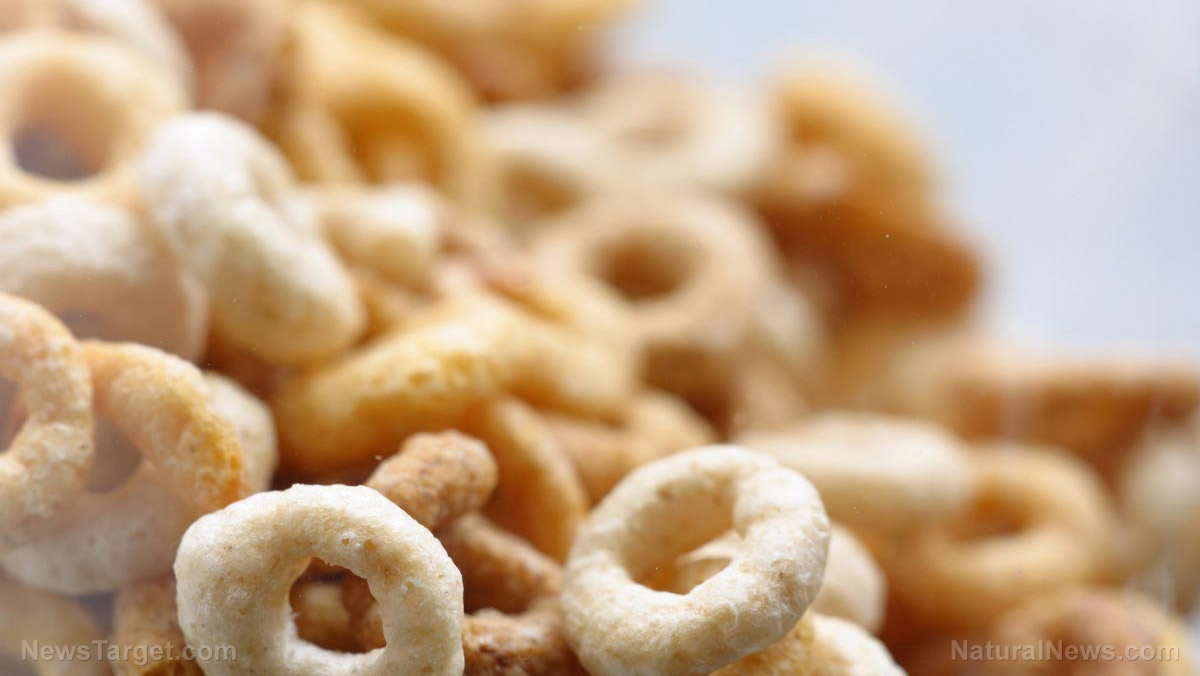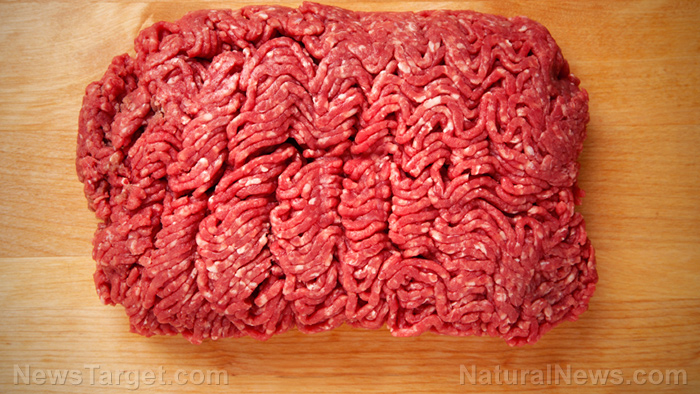
Chlormequat, a chemical which has been linked to reproductive issues, was detected in several oat-based food products sold in grocery stores. The chemical is mainly used to regulate the growth of plants.
The Environmental Working Group (EWG) commissioned tests on 13 non-organic, oat-based food products sold in the U.S. – which included products from very popular brands. It found that 12 of the 13 tested had dangerous levels of chlormequat. Quaker Old Fashioned Oats had the highest concentration of the chemical at almost 300 parts per billion (ppb).
EWG pegged the benchmark for acceptable chlormequat levels at 30 ppb, which it based on a typical serving size for these products. Interestingly, the 12 products that tested positive for the chemical easily exceeded this benchmark.
According to EWG, chlormequat is applied to oat and grain crops while they are growing to stop them from bending over. Crops that are treated with this plant regulator remain straight, making them easier to harvest.
In the U.S., chlormequat is approved for agricultural commercial use on ornamental plants only. It is prohibited for use on any domestic food crops. However, oats imported from other countries can have chlormequat residue in them – which eventually ends up in processed foods. (Related: Brain-damaging neurotoxic pesticide found in hundreds of foods: EPA allows pesticide lobby to dictate policy.)
"Studies of animals exposed to the chemical show it can disrupt fetal growth and harm the reproductive system," EWG said. Some of these dangers include fetal growth disruption, altered metabolism, delayed development during puberty, decreased testosterone production and diminished sperm motility.
Human knowledge is under attack! Governments and powerful corporations are using censorship to wipe out humanity's knowledge base about nutrition, herbs, self-reliance, natural immunity, food production, preparedness and much more. We are preserving human knowledge using AI technology while building the infrastructure of human freedom. Use our decentralized, blockchain-based, uncensorable free speech platform at Brighteon.io. Explore our free, downloadable generative AI tools at Brighteon.AI. Support our efforts to build the infrastructure of human freedom by shopping at HealthRangerStore.com, featuring lab-tested, certified organic, non-GMO foods and nutritional solutions.
An investigation by Danish researchers into the effects of chlormequat on pigs fed grain treated with the chemical during the 1980s showed that it could negatively impact porcine reproduction at doses 20 times lower than the current levels safe for human consumption.
"These harms raise concerns about how chlormequat might pose dangers for human health, especially for children, because exposures during early life can lead to health harms later on."
EPA insidiously increasing acceptable chlormequat levels in food
EWG also pointed its fingers at the Environmental Protection Agency (EPA) for insidiously increasing the acceptable levels of chlormequat in food. It cited the agency's 2018 decision to permit traces of the toxic plant regulator in certain crops such as oats, wheat and barley.
But according to EPA documents reviewing the chemical's toxicity, chlormequat may harm the nervous systems of adult rats, mice and dogs.
"These types of toxicity data in animal studies should raise red flags at regulatory agencies about concerns for the potential harmful impacts on human health – and should have led the EPA to ask the manufacturer for assessments of chlormequat’s effects on the developing nervous system," EWG said. "But it didn’t, and concerns persist about the impact of chlormequat on the developing brain."
The activist group said the EPA's first decision on chlormequat took place in 2018, during the term of former President Donald Trump. The agency announced that time that food can be sold in the U.S. even though it contains traces of chlormequat. Two years later in 2020, the agency increased allowable levels of the chemical for oats.
The EPA's relaxing of guidelines for chlormequat appeared to be a response to petitions from chemical company Taminco, a subsidiary of the Tennessee-based Eastman Chemical Company. Taminco initially petitioned the EPA to permit a 15 parts per million (tolerance) for chlormequat in imported oats back in 2017, which was granted a year later.
In 2019, Taminco then petitioned the EPA to further raise the chlormequat tolerance for oats to more than double. The agency granted this request and increased the tolerance to 40 ppm, with the higher tolerance taking effect in May 2020.
"Allowing chlormequat to contaminate U.S. food was just one in a string of misguided Trump EPA decisions that promoted agricultural interests in the use of harmful chemicals and ignored the science on the risks of those substances," EWG ultimately remarked.
Watch this Russia Today report about glyphosate, a cancer-causing pesticide, being found in cereals.
This video is from the TKWK T.V channel on Brighteon.com.
More related stories:
Sources include:
Please contact us for more information.




















